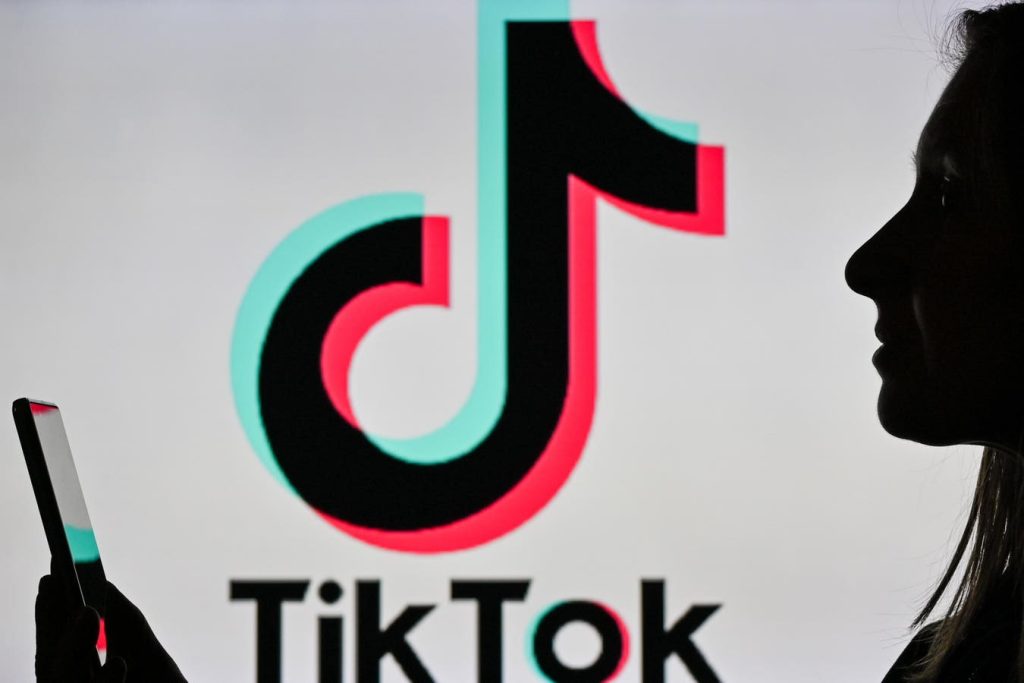Utah has filed a lawsuit against TikTok, accusing the platform of allowing sexually exploitative behavior on TikTok Live, where kids and teens perform inappropriate acts in exchange for virtual gifts that can be converted into real money. The lawsuit cites a Forbes investigation that describes TikTok Live as a “virtual strip club” and alleges that TikTok is violating Utah’s Consumer Sales Practices Act. The state is demanding a jury trial and accusing TikTok of fostering a culture of exploitation and illegal activity through its in-app virtual economy.
TikTok is facing scrutiny in the United States amid concerns over national security, as President Joe Biden signed a law that will ban the app unless its China-based parent company, ByteDance, agrees to sell it to an American owner. Prior to this national security scrutiny, TikTok faced issues related to children’s privacy violations and the prevalence of child sexual abuse material on the platform. Forbes has highlighted instances where TikTok Live is being used to entice young girls into engaging in suggestive and potentially illegal shows for adult viewers, raising concerns about online grooming and exploitation.
TikTok Live allows viewers to purchase digital gifts to send to hosts of livestreams, with the gifts being convertible to cash for the recipients. Legal and law enforcement experts warn that this feature can enable predators to groom targets for online or offline sexual abuse and sextortion. The Utah Attorney General’s office has brought the lawsuit against TikTok to stop its exploitative monetization scheme and protect youth in the state. The state also alleges that TikTok is not registered with a federal financial crimes enforcement network, allowing it to profit from illicit activities facilitated on its platform.
Utah Governor Spencer Cox expressed deep concern over the allegations against TikTok Live, calling them incredibly disturbing. TikTok spokesperson Michael Hughes stated that the platform has policies in place to protect teens, requiring creators to be at least 18 years old before going live and meeting a follower requirement. However, Utah argues that these age restrictions are ineffective and that TikTok’s public statements about protecting teens do not align with internal documents reviewed by the AG’s office. This is the second complaint filed by Utah against TikTok, with the state previously suing the company over its addictive algorithm and features aimed at maximizing user engagement. Utah is also part of a group of state attorneys general investigating TikTok’s alleged harms to underage users.













